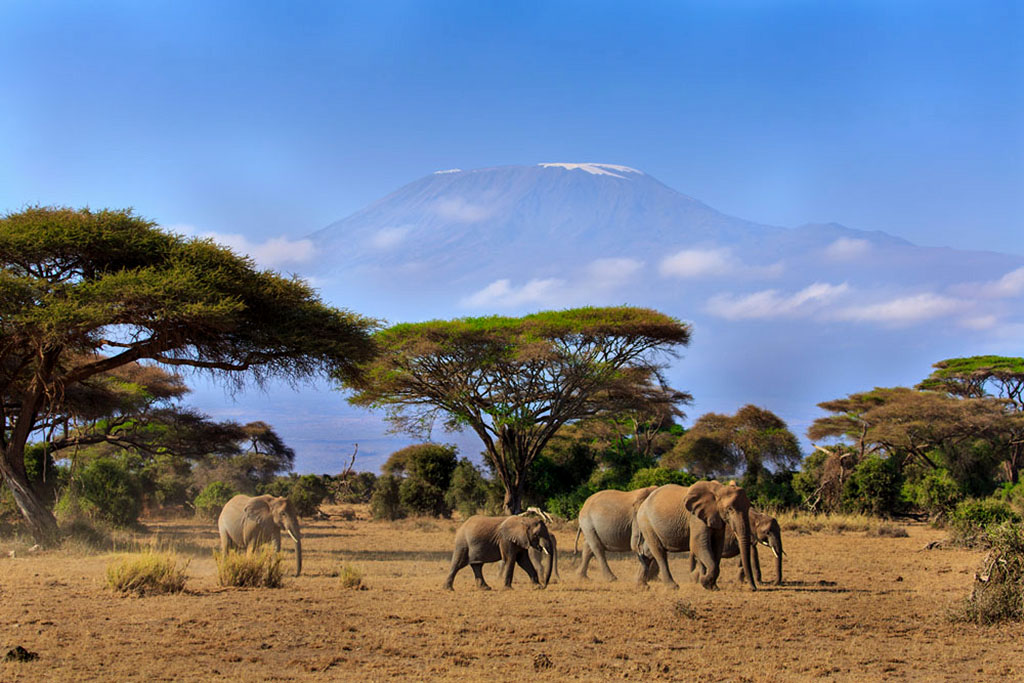Smart Travelling suggests a Safari packing essential list in an attempt to make your Safari trip to Kenya more relaxing, enjoyable and more economic as possible. It is advisable to avoid buying expensive safari gear, -don’t forget your space might be limited. A small rucksack on the vehicle will perfectly do, to fit in camera and binoculars. The key to remember is to pack comfortable clothes with neutral colours like beige, khaki, light-brown, that will blend into the African bush.
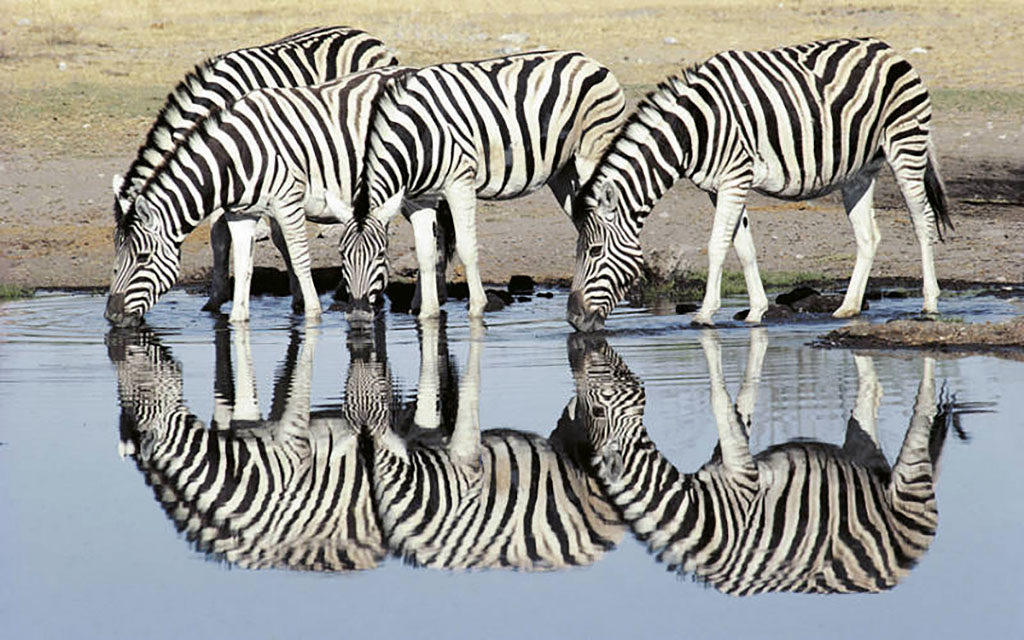 Safari Packing Essential List
Safari Packing Essential List
The Best Selection of Essentials
- Long-sleeved cotton shirts and light trousers to protect from mosquito bites and the harsh African heat
- Long trousers / jeans for the evening / maxi’s for the ladies. Shorts are not recommended. They are not practical when climbing a 4 x 4 jeep.
- Personal toiletries, socks and underwear
- Binoculars / a torch or flashlight
- Bottle of water / Wet wipes
- Passport copy
- A small first aid kit
- Lightweight jacket for possible rain
- Walking boots, sneakers and sandals
- Toilet roll – plastic bags for garbage
- Bathing suit and a small inflatable cushion
- Mosquito repellent / High SPF sun protection cream
- Camera’s memory card & Battery charger
- Sunglasses and wide-brimmed, sturdy sun hat
- Money belt to carry money and passport under your clothes.
- Light jumper/ sweater for summer and warm wind-proof anorak for higher altitudes
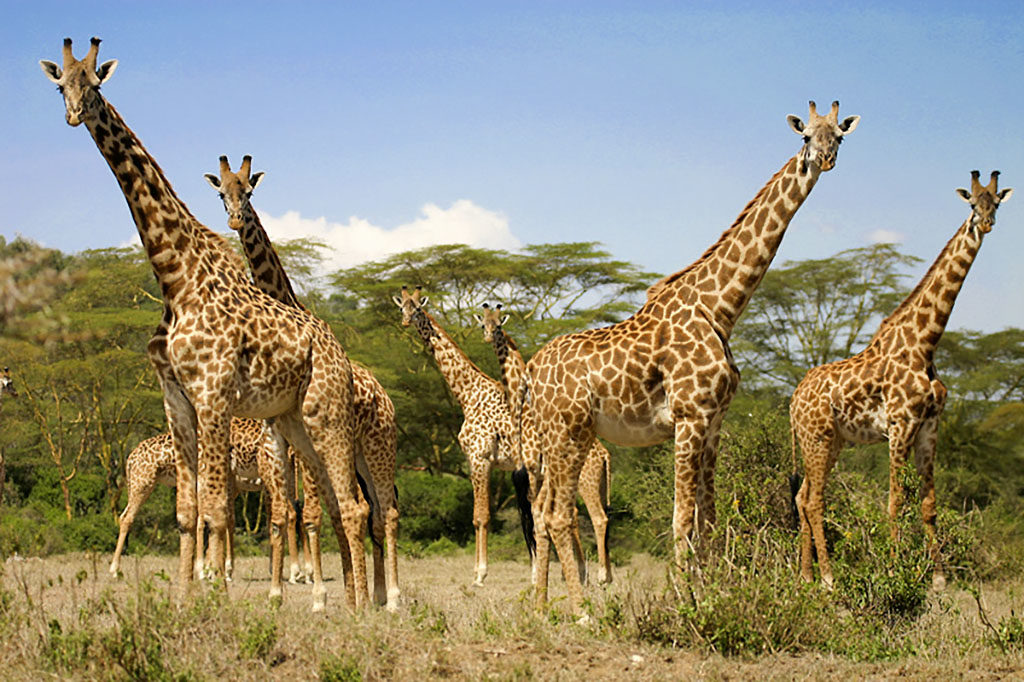 Safari Packing Essential List
Safari Packing Essential List
Luggage Restrictions
For light aircraft travel within Kenya, there are strict luggage restrictions in place that vary depending on your destination. Travelers to East Africa may only be allowed to take a total luggage weight of 15kg (33lbs) which includes the carry-on hand luggage. Your bags must also be soft-sided with no wheels or rigid frames so that these may easily fit into the hold of a small aircraft. Should you need additional luggage you will have the option of buying an extra seat which will allow for an additional 70kg (154lbs). Please check that your total luggage weight complies with the restrictions for all your Kenyan destinations prior to your departure.
Photography
Visitors to Kenya should be aware that they are not allowed to take photographs or film the President of Kenya nor his residence, airports, railway stations, the military or the police and their barracks, any government buildings or the Kenyan flag. If you want to take a picture of a Masai warrior you will need to ask his consent, as he may only be willing to do so for a fee.
Weather
Kenya is situated close to the equator so does not experience a real winter or summer season. The country has a pleasant tropical climate but can vary greatly depending on several factors, particularly altitude. Daytime temperatures on average reach between 20°C/68°F and 28°C/82°F, with hotter and more humid temperatures on the coast often rising above 30°C/86°F. The coastal areas are humid and hot all year round but tempered by the monsoon winds. Temperatures inland are relatively temperate, with a hotter and drier climate in Kenya’s northern parts. The hottest time of the year is from mid-December through to March, with the coolest period from late June until October. The long rains fall from late April throughout May to early June, with the short rains falling from November until mid-December.
Safari Packing Essential List
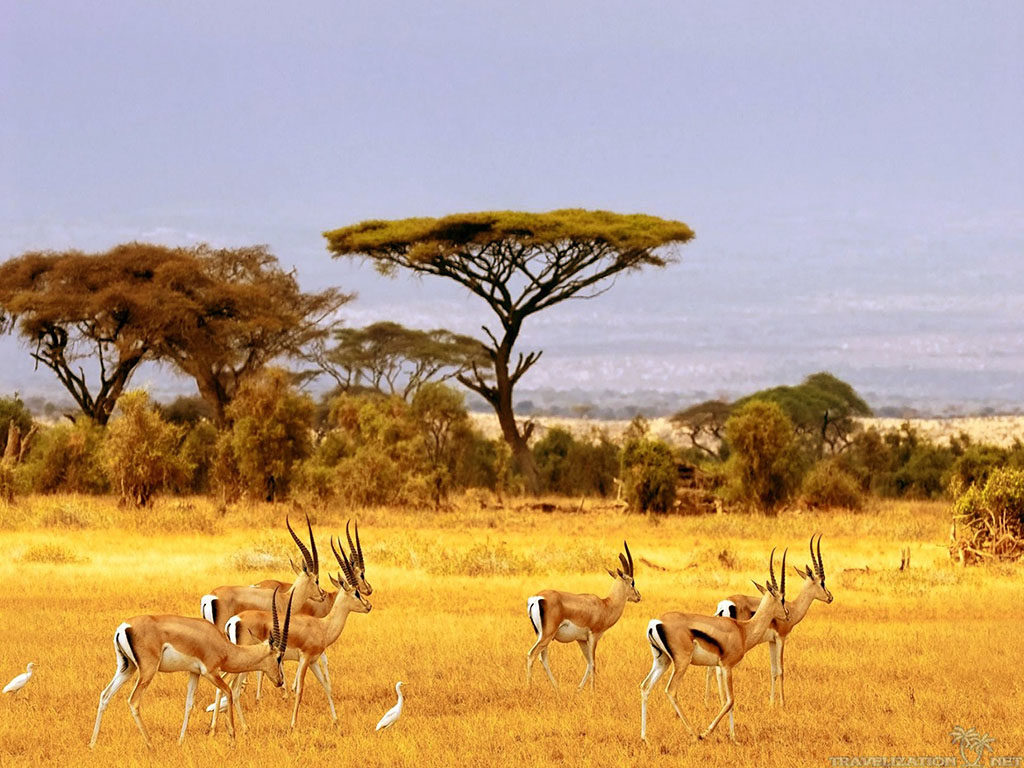 General Tips
General Tips
Visas
- You will need a visa when visiting Kenya if you are a citizen of the USA, United Kingdom, Australia, Canada or any other EU country. If you hold citizenship for any other country please consult the below link to determine if you require a visa: Kenya Visa Requirements
- As with most travel destinations, your passport needs to be valid for at least six months beyond your departure date out of Kenya, with at least two consecutive (unstamped) blank visa pages in your passport.
- The visa costs around £30 or $50 and can be bought on arrival in Nairobi (just ensure that you have the exact US dollars with you and that your US$ bills were issued after 2006) or in advance from the relevant Kenyan High Commission.
Currency & Credit Cards
Kenya’s currency is the Kenyan Shilling (KSh) which comprises of a 100 Cents. Visa and MasterCard are widely accepted, whilst American Express and Diners Club cards are usually not. Make sure to check with your bank that your Visa or MasterCard has no foreign transaction fees.
Power & Connectivity
Since most Kenyan camps and lodges are located in remote areas, electricity is generated by solar power or via a diesel generator. Most lodges or camps will have a central charging station (in your room or common area) which may be used to charge your electrical equipment. Most camps provide their guests with plug adapters, but if you would prefer to have your own you will need to buy a ‘G’ socket type which uses the universal plug adapter WA-7.
Connectivity (as in most remote destinations) is less accessible the further away they are from urban areas. Mobile services are usually available in the southern part of Kenya around Nairobi, Mombasa, Kisumu, the entire coastal region, popular safari parks, as well as on the long road between Nairobi and Mombasa. The northern part of Kenya, however, has no network access. Some remote game lodges and hotels offer Wi-Fi but can be quite expensive.
Kenya is 3 hours ahead (all year round) of the Greenwich Mean Time (GMT)
Safari Packing Essential List
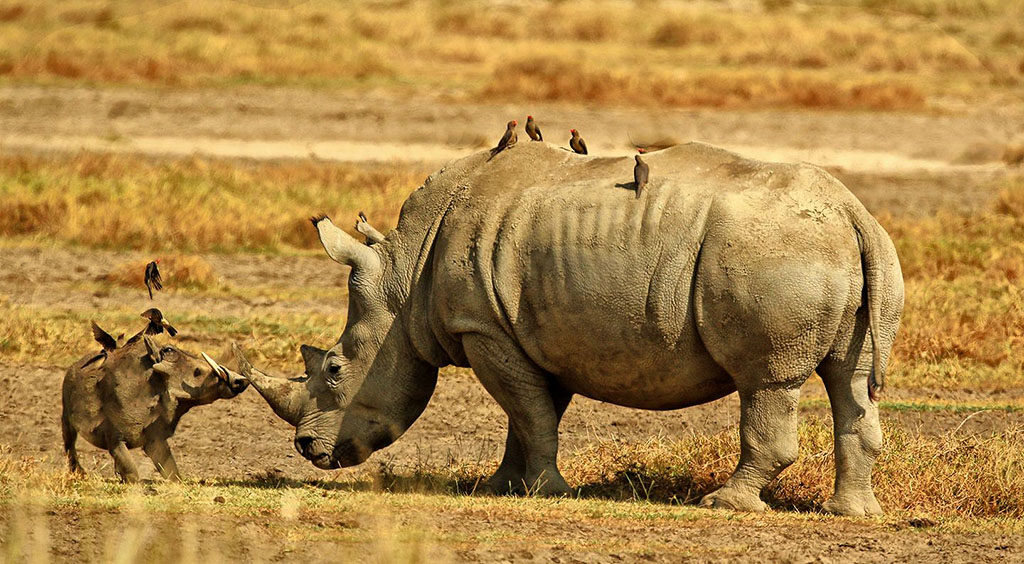 Water
Water
Smart Travelling advises you to drink bottled water at all times in Kenya, especially if you have traveled from abroad. All our recommended safari camps and lodges supply their guests with fresh, clean (filtered or bottled) water. For things like brushing your teeth, we suggest checking with your camp manager to find out if the tap water is safe to use.
Medication
It’s always a good idea to pack your own small medical kit to have on hand for any minor travel-related ailments such as headaches or hay fever. If you need to take prescription medication please ensure that you pack enough supplies to last your entire holiday, as it may be difficult to get hold of specialized medication in remote areas.
Language
Kenya is a multilingual country with Swahili and English being spoken as the two official languages. Here are a couple of Swahili words to get you started:
- ”Jambo” – common greeting meaning “Hello, how are you?”
- “Asante” or “Asante Sana” – meaning “thank you” and “thank you very much”
- “Pole Pole” – which means “slowly slowly” referring to the slower African pace!




